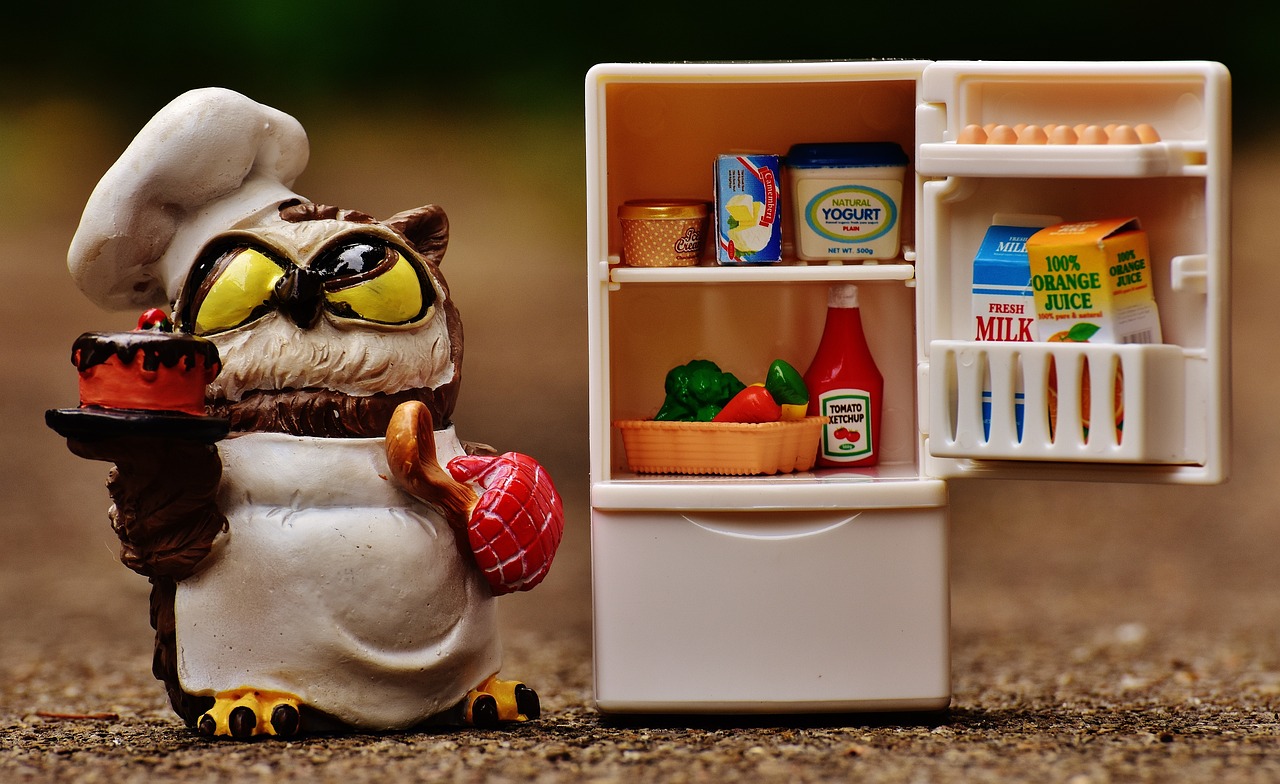An estimated 9 million Australians take prescription medicine every day, and many more pop over-the-counter medications such as paracetamol and vitamins. Almost one-quarter of a million people are hospitalised each year due to problems caused by their medication.
Medicines play a big role in daily life, so it ‘s crucial they ‘re taken properly and stored safely.
It doesn’t matter whether your medicine has been prescribed by a doctor or bought from a supermarket or health food store, explains NPS MedicineWise Medical Adviser, Dr Jeannie Yoo. “Medicines can have side effects, and can interact with other medicines if you are taking multiple medicines,” says Dr Yoo.
To mark Be MedicineWise Week, here are 10 tips on how to keep on top of your meds – and keep your family safe.
- Ask questions about your medicines to make informed decisions. For example, How do I take the medicine? When do I take the medicine? Are there common side effects? How much does it cost? And what will happen if I don ‘t take anything?
- Know the active ingredient. Active ingredients are what make your medicines work. If your pharmacist offers you an alternative brand of prescription medicine (with the same active ingredient), it will work the same way as your usual medicine.
- Keep track with the free MedicineWise app. Download this app to maintain a list of the medicines you take by scanning the barcodes, set reminders for when to take your meds or make doctors ‘ appointments, access the information in the leaflets of your medicines and more.
- Read the Consumer Medicine Information (CMI) leaflet. Your pharmacist or doctor will give you instructions, but it helps to read the leaflet, labels and packaging of your medicines carefully. If your medicine is missing the CMI, or you ‘ve lost it, you can search for it here, or via the healthdirect app.
- Take care when pregnant or breastfeeding. While many medications are safe, a small number could harm your unborn baby – including ‘natural’ options such as herbal supplements. Learn more about medicines and pregnancy here, and medicines and breastfeeding here.
- Give kids the right dose. When administering liquid medicines to children, always measure out the right dose for your child ‘s age and weight using the measure provided (not common teaspoons, for example).
- Check expiry dates regularly. Medicines lose their effectiveness over time and some can even become dangerous due to chemical changes. Meanwhile, others – such as eye drops – can become contaminated with bacteria.
- Store medicines away from children and pets. Keep medicines out of reach and in the original packaging since an accidental overdose can be fatal. If you suspect a person has been poisoned, has overdosed or has made a mistake with their medication, call the Poisons Information Centre on 13 11 26 (24 hours a day, and from anywhere in Australia).
- Travel with a doctor ‘s letter. If you need to go overseas with prescription medication, take a letter from your doctor and check that your medicine is legal in the countries you ‘re visiting.
- Dispose of unwanted medicines thoughtfully. Keeping expired or unwanted medications in the home can be dangerous, while binning or flushing medicines is bad for the environment. You can return unwanted meds to your local pharmacist for safe disposal.




